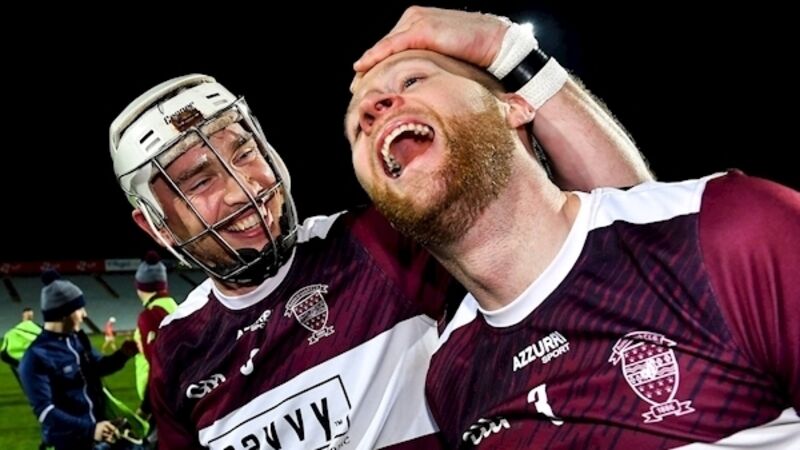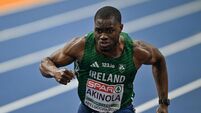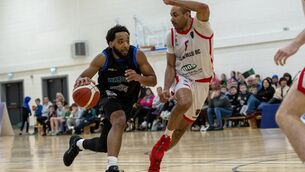Maher was playing for much more than a club

Irish sport is usually dominated by the big three — the GAA, IRFU, and FAI. Being an Olympic year, however, 2020 gives other sports a chance to shine: Rhys McClenaghan in gymnastics, the women’s hockey team, our athletes, boxers, canoeists, rowers; even dressage, and, of course, Rory McIlroy and Shane Lowry in golf.
The big question at the moment is whether the Russians will be present at the Tokyo Games, having been banned for four years by the World Anti-Doping Agency.













